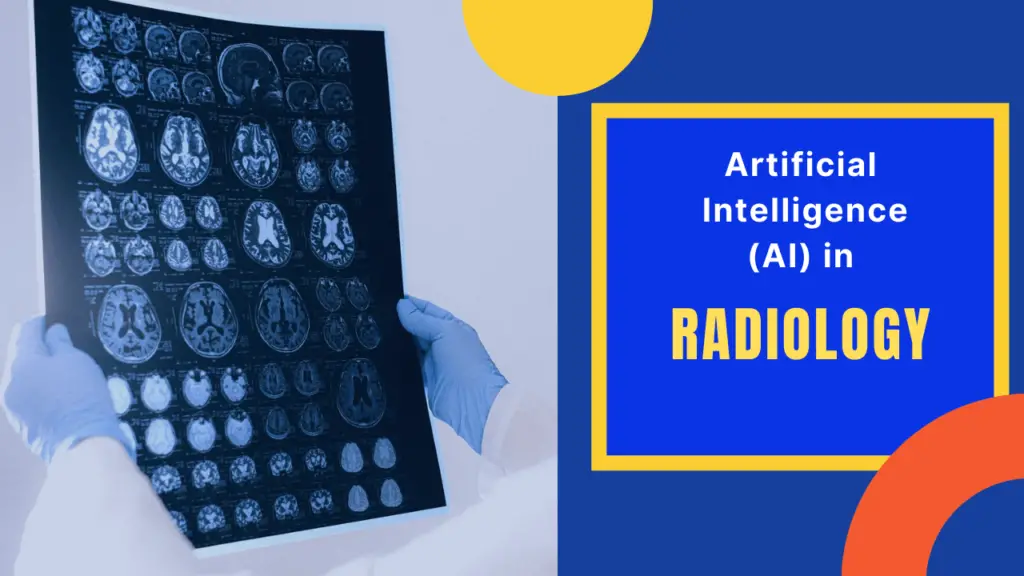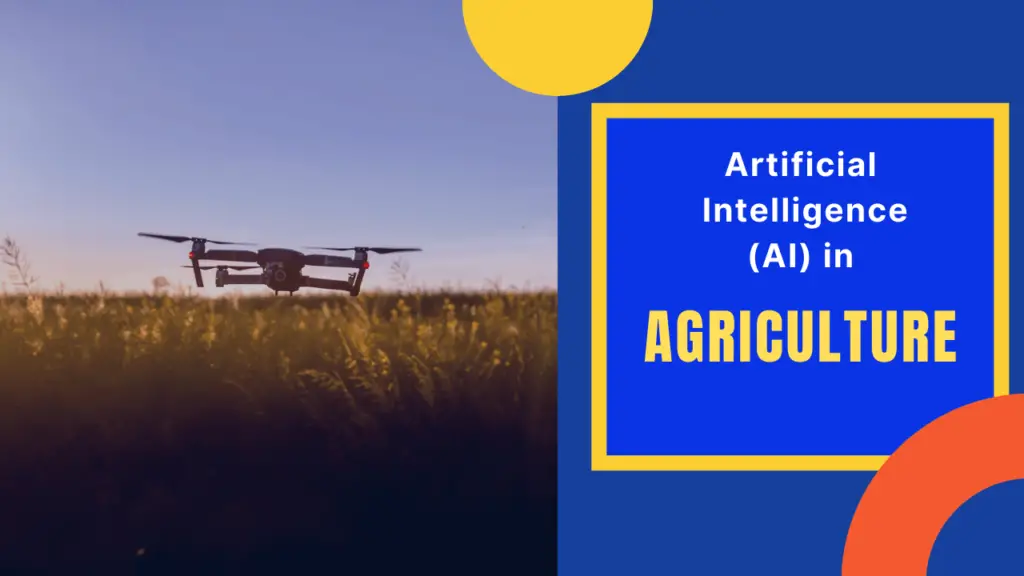AI in business involves the use of intelligent computer systems with human-like abilities to improve customer experience, increase revenue, improve efficiency, and accelerate business growth. Business processes are quite complicated and involve tasks that are stressful and difficult to be carried out by humans.AI is widely employed in business applications such as data analytics, natural language processing, and automation. These three applications of AI are streamlining operations across industries. Automation greatly improves repetitive tasks. Data analytics provides useful insights to businesses. Natural language processing enables helpful chatbots, better accessibility for visually impaired people, and intelligent search engines. AI will soon make the biggest impact in supply chain management, manufacturing, and marketing services. Process intelligence technologies may provide businesses with the accurate insight to improve operations in real-time.

The major uses for AI in businesses include:
- Forecasting consumer behavior as well as product recommendations.
- Customer service via chatbots.
- Fraud detection.
- Personalized advertising.
- Transferring and cross-referencing data-updating files.
To thrive within the fierce competition, it is becoming important for businesses to understand the needs of customers. AI in business enables companies to understand as well as engage with customers, automate business processes, boost revenue while minimizing operational costs.
Top 5 Applications of Artificial Intelligence in Business
AI has many different applications in business. Some of these applications include:
1. Customer service
AI in customer service is replacing humans. With chatbots, consumers can easily interact with businesses in real-time to get information, resolve complaints, and do anything they would require from consulting a human customer-care representative. It has been speculated that soon there would be no need for humans in customer-care service. This would reduce business costs and greatly improve customer-care accessibility.
2. Business Intelligence
Finding important insights from data may be a challenging task with huge volumes of business data available. However, the adoption of AI in business intelligence has enabled obtaining useful insights from data. These insights assist businesses in:
- Enhancing the effectiveness of marketing.
- Understanding customers better.
- Performing segmentation to create custom-tailored experiences.
- Creating business strategies to help corporate decision-making.
- Leveraging AI in business management.
There are plenty of tools that involve the use of AI in business intelligence such as Microsoft Power BI. It helps businesses receive key analytics to find out which strategies have a good impact on business metrics. Machine learning abilities integrated within Power BI may help businesses build machine learning models for making useful predictions from data.
3. Targeted Marketing
Boosting company revenue requires finding out the wants and demands of customers as well as knowing what exactly to market to each customer. With increasing digital engagement nowadays, consumers have limited time with myriad companies trying hard to sell their products to them. This explains why there is a pressing need to market only what attracts the potential customers and the importance of knowing who to market each of a company’s products. AI can be used by companies to target who to market a specific product to, for increasing the chances of sales.
4. Product Recommendation
Companies should be capable of recommending products that retain the interests of consumers and cater to their demands. Companies such as Amazon and Netflix employ AI to understand the buying habits of consumers so that they can predict which products should better be recommended.
Another good example of product recommendation is Spotify. It monitors the listening behavior of consumers and uses AI to offer song recommendations that the consumers are most likely to enjoy. Similarly, Netflix employs AI recommendation systems to entertain its viewers and keep them addicted to their content. It offers movie recommendations that uniquely attract each viewer based on their watching experience.
5. Natural language processing
If you wonder when will the time come when machines could read, write, and understand language like humans, then know that it is possible now with the advent of AI. Currently, several companies offer digital assistant products as natural language processing has advanced to help consumers in daily tasks.
Businesses use AI to create automated business reports without any need for human supervision. They even carry out sentiment analysis to understand how people perceive their brand based on online tweets and comments about it. Sentiment analysis helps to improve the quality of services.
Examples of AI-powered smart business operations:
- Predictive maintenance helps companies repair and replace machinery at the optimum time before it wears out and breaks down. For instance, Siemens AG employs AI technology and IOT to increase the reliability of trains and repair assets before they go out of order. This company is a large railway infrastructure provider that gives railway operators uptime guarantees.
- Dominos employs Starship Technology’s automated robots to deliver pizzas in Germany. These robots have a speed of 10 mph and prove cost-effective for short-distance deliveries as compared to delivery cars.
- KenSci’s platform helps predict risks. It uses AI technology that helps to identify fraudulent healthcare claims which make healthcare too expensive to afford. By using AI, the system successfully identified $1 million in fraudulent claims from only one dataset.
- Burberry uses AI to combat fake products as well as to enhance the customer experience. For improving customer experience, the platform’s reward and loyalty programs capture consumer data which then gets analyzed to deliver a personalized shopping experience for every consumer.
- IBM’s Chef Watson tool is another good example. It employs AI to assist chefs and restaurants in developing recipes and suggesting delicious flavor combinations.
Advantages of AI in Business
Using AI in business has plenty of benefits which include:
- Reliable and improved customer service.
- Automation of processes.
- Increase manufacturing output and efficiency.
- Predict performance.
- Predict buying behavior.
- Manage and analyze data more efficiently.
- Anomaly detection to identify patterns that disrupt business.
- More personalized customer experience.
- Improve marketing and advertising.
Conclusion
The use of AI in business has the potential to increase productivity by more than 40 percent. The growth of AI-powered marketing strategies has made it easy for brands to connect with their consumers and personalize the customer experience. AI helps improve business operations and enables businesses to delight their customers.


